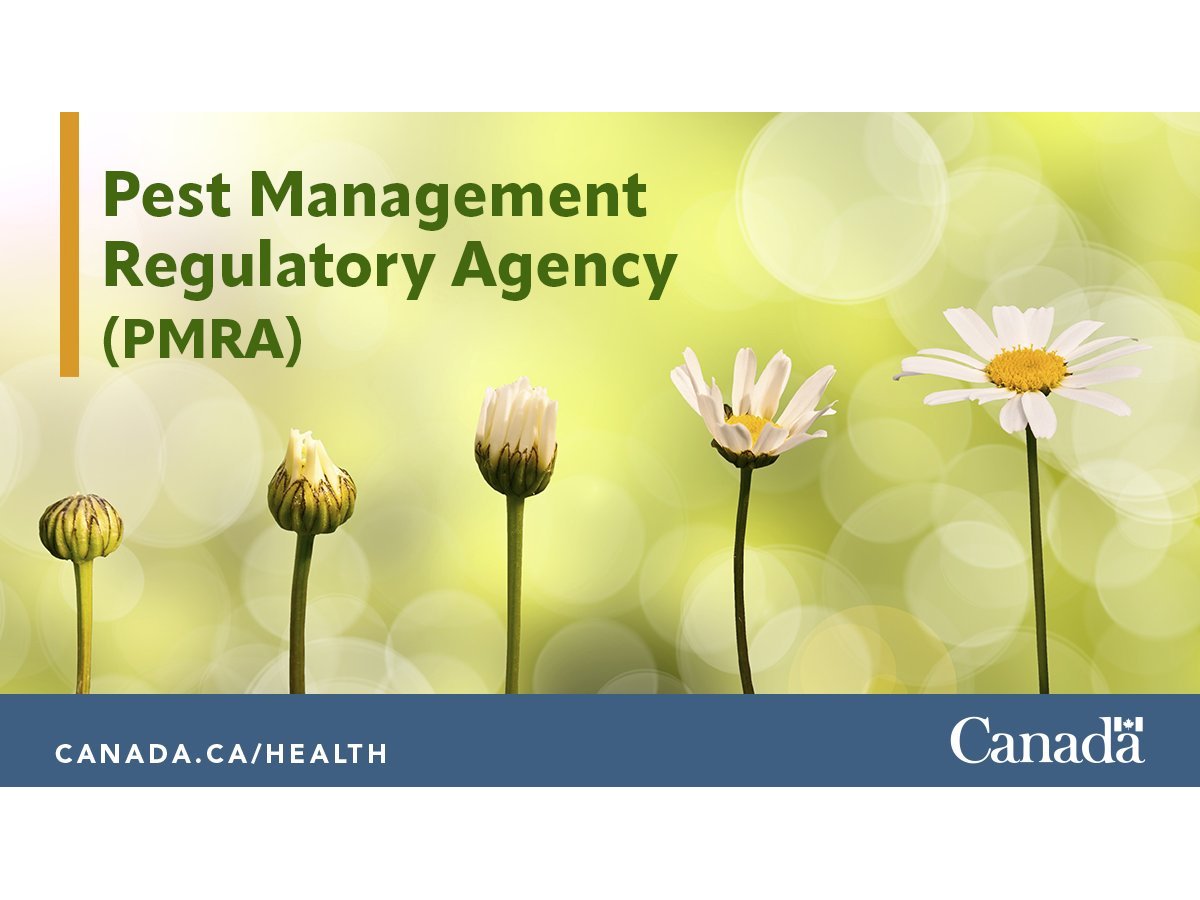Grain companies are required by law to get a licence from the Canadian Grain Commission or the companies could face fines or imprisonment.
But the system is not as rigid as it sounds.
The grain commission acknowledges that dozens of grain companies on the Prairies operate without a licence.
“There are maybe 50-60 companies out there buying grain, particularly special crops, without a licence,” said CGC spokesperson Paul Graham.
“They account for a very small percentage of production.”
Graham said the commission is not ignoring the potential risk to producers, but over the years, it has opted for a gradual approach to enforcement and education.
Read Also

Crop Life hopeful Pest Management Regulatory Agency will cut red tape
The federal budget includes a line about removing cyclical reviews of pesticides on the market. That could free up the Pest Management Regulatory Agency to focus on other tasks
That includes trying to alert farmers that there are unlicensed companies.
“Farmers can choose to deal with licensed companies, and most of them do, or they can choose to deal with unlicensed companies, and that’s a business risk that they’re taking.
“If a farmer chooses not to determine the status of the company he’s dealing with, that really is that farmer’s business. We can’t tell them how to run their business and we wouldn’t want to.”
Producers wanting to know more about licensing and bonding can visit www.producer.com and type “grain licensing” in the go box. For a list of companies that are licensed, they can phone the commission’s toll-free number at 800-853-6705.
Larger grain companies that handle major crops are not involved in the licensing issue. They can more easily afford the commission bond. It revolves around small and medium-sized companies, especially those dealing in pulses and crops like sunflowers.
Smaller companies have difficulty finding money and rigid enforcement would reduce the number of companies doing business, which would mean fewer buyers competing for farmers’ crops.
Since 1998, the commission has paid $5.6 million to 460 farmers in Western Canada who delivered crops to companies that later went into receivership.
In most cases, farmers were paid the full amount they were owed, Graham said.
So while there is some room for improvement, he said the situation is “more positive than some people would have you believe.”
As part of its responsibility, the grain commission audits the annual reports of licensed grain companies. It also tracks monthly statements of licensees, noting what is owed to producers for delivered grains. If necessary, the CGC may ask a licensee to increase its bond.
“We’re putting more resources into auditing, we’re auditing more frequently, and we’re auditing when we have reason to believe there may be some issues,” Graham said.
The grain commission also investigates producer complaints in instances where a company is slow to pay producers.
Farmers can take steps to limit their risk:
- Deal with licensed companies.
- Get paid promptly for deliveries.
- Get proper receipts.
- Seek payment for deliveries and contact the CGC when a problem appears.
The security posted by grain companies is intended to cover what is owed to farmers. The protection lasts for only 90 days from the time a delivery is made.














